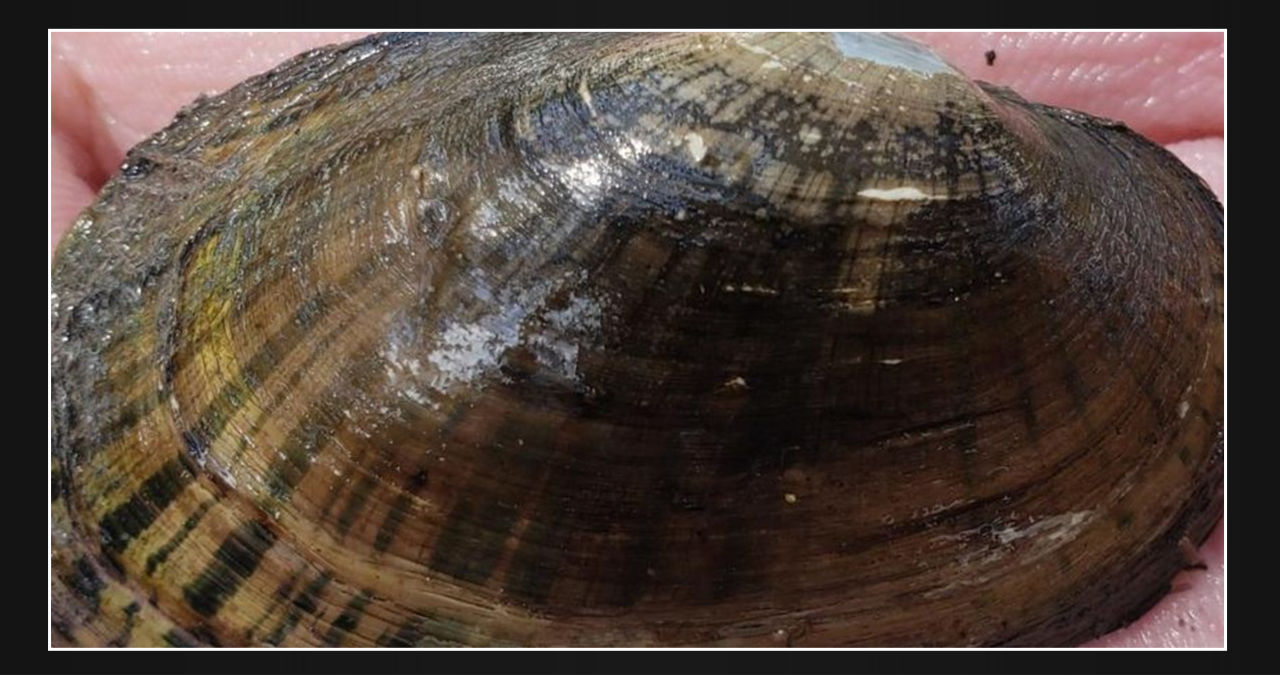Texas Attorney General Ken Paxton has taken legal action against the U.S. Department of the Interior, the U.S. Fish and Wildlife Service, and Biden administration officials. The lawsuit comes in response to the recent declaration of six freshwater mussel species as endangered and another as threatened.
In June, the federal regulators made an important decision by adding the Guadalupe fatmucket, Texas fatmucket, Guadalupe orb, Texas pimpleback, Balcones spike, and false spike to the endangered species list. This designation signifies that these species are currently facing the risk of extinction. Additionally, the Texas fawnsfoot was given a threatened listing, indicating that it is likely to become endangered in the near future.
Freshwater mussels, known as “the liver of the river” by experts, play a crucial role in filtering harmful substances such as algae and bacteria from bodies of water. This important function helps to effectively clean and maintain water systems.
Freshwater mussels, as per the Wildlife Service, possess an impressive ability to pump and filter substantial amounts of water on a daily basis. In fact, a single mussel can filter anywhere between eight to 15 gallons of water, establishing them as highly efficient filters within watersheds. Unfortunately, due to habitat destruction caused by development and the adverse effects of drought, these once-plentiful species have experienced a decline in numbers. Drought conditions, particularly when rivers are running low, result in elevated water temperatures, which further exacerbate the challenges faced by freshwater mussels.
According to experts, designating the endangered status will lead to the improvement of rivers, streams, and creeks, resulting in cleaner water bodies.
The listing determined that the Colorado, Guadalupe, Brazos, and Trinity river basins have 1,577 miles of rivers and creeks that are considered critical habitat or crucial for the conservation and recovery of the species. These designations aim to protect the mussels and their habitat by prohibiting government agencies from approving permits or funding activities that could cause harm in these areas.
According to the state’s lawsuit, the listing requirements of the Fish and Wildlife Service are incredibly challenging for the public to comprehend. Furthermore, these requirements provide unclear guidelines regarding the actions that developers and landowners can take with their own land in the critical habitat.
According to Paxton, the federal government did not adhere to the proper procedures and made several mistakes in its final determination to list the endangered species. He also mentioned that these designations impose strict regulations on Texas, which hinder economic development.







Leave a Reply